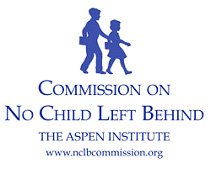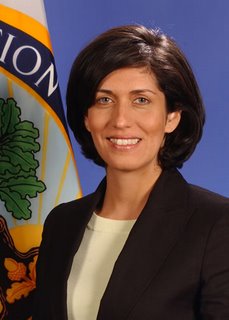A Puff Piece For Paul Peterson And Poly Sci
I'm not sure how it happened or what the Sectorans were going for, but this disappointing profile (by former Philadelphia Inquirer education writer Dale Mezzacappa) comes out so bland and without supporting facts that it's hard to know if Peterson really deserves credit for bringing political scientists to education -- and even harder to tell if the arrival of the polysci crowd has made any a difference (to education research, or policymaking, or kids) that we should care about. A handful of proteges and name recognition don't really make the case.
None of this is helped by the fact that neither Peterson nor anyone else's work on vouchers has settled the debate or created widespread momentum for them, that the quality of education research remains hotly debated, and that political scientists have been replaced by economists as the novelty of the day in education research. As for the Education Sector, well, it says it wants to be "journalistic" in its work. In journalism, this is called a puff piece.




















